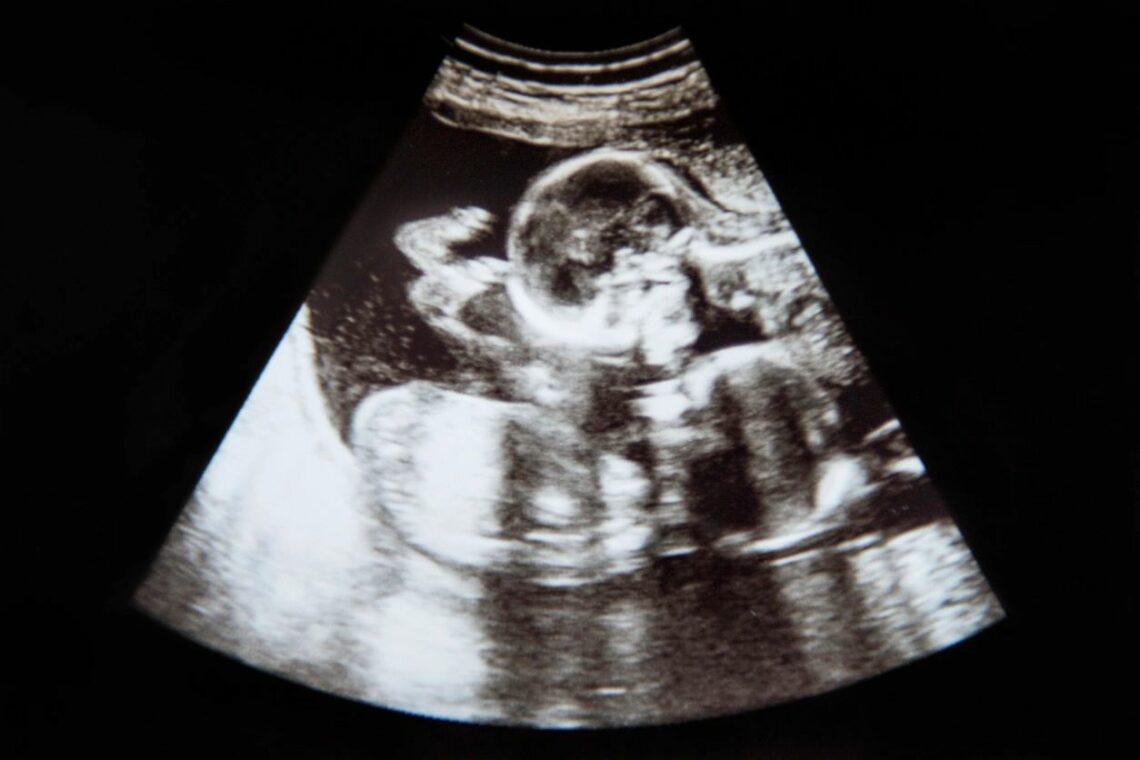I am a person. So are you. A person is the kind of thing that one ought not kill without a good reason. If the little being inside the womb is also a person, then it ought to be protected as much as is possible. If so, then the state should secure this protection by granting legal rights to the little being in the womb. According to the Christian, something is a person if it is made in the image of God. Furthermore, only persons are made in the image of God. Although God created cows, mountains, vegetables, and clouds, none of them are made in his image. “God created…
-
-
If You Support Acting to Mitigate the Effects of Climate Change, You Won’t Support Abortion
Imagine you are placed into a time travel capsule and sent 100 years into the future. Before you are jetted off, you are allowed to make some changes to the activities of human beings in the present that may make your life better or more tolerable 100 years from now. You have been studying climate science and it seems to you that there is a 50% probability that some of our activities in the present will have bad consequences 100 years from now. So, you make some changes to human activities that will perhaps mitigate the harmful effects of those activities. Then you are sent into the future. If what…
-
If I Am Glad I Exist, I Cannot Be Okay With Abortion
I am glad that I exist. I hope you are too. To be glad about one’s existence is to prefer it to be the case that one exits rather than one does not. If I am glad that I exist, then I don’t want the history of the world up until my existence to be significantly altered. This is because my existence is contingent upon an incredibly complex history leading to the joining of a particular sperm with a particular egg. Any other pairing would have produced someone else and thus I would not exist. It follows that if I am glad that I exist now, then I also don’t…
-
Some More Refutations of Pro-Abort Arguments
Jennifer Wright argues that pro-lifers ignore facts. Six of them. Well I don’t want to ignore facts. So, what are they? Are they true? Are they relevant to the moral status of abortion? First, Wright claims that fetuses are distinguishable from babies: “They can pretend fetuses are indistinguishable from babies, despite the fact that medical evidence tells us fetuses cannot live unsupported, even with a respirator before 21 weeks.” In other words, a fetus is a baby only if it can live unsupported. But if this was a condition for babyhood, it would be morally permissible to kill many babies who are already born. Many babies are born premature or…
-
Life at Conception: A Reply to Jean Kazez
According to Jean Kazez, it is implausible that life begins at conception. She suggests that an entity with life-status must be an entity that has continuity and can be individuated. To have continuity an entity must have identity conditions at t1 and t2. To be individuated an entity must have some set of conditions that set it apart from another entity. Kazez argues that the entity in the womb has neither until it is 14 days old. Thus, life cannot begin at conception. Her argument is as follows: (1) If it is a life, then it is a unified, continuous individual. (2) An embryo is not a unified, continuous individual.…
-
Life as a Determinist Ain’t that Bad
Apparently, a determinist can believe anything he wants, but he cannot live any way he wants: “A determinist cannot live consistently as though everything he thinks and does is causally determined—especially his choice to believe that determinism is true! Thinking that you’re determined to believe that everything you believe is determined produces a kind of vertigo. Nobody can live as though all that he thinks and does is determined by causes outside himself. Even determinists recognize that we have to act “as if” we had free will and so weigh our options and decide on what course of action to take, even though at the end of the day we…
-
Folk Psychology: Not a Theory
Humans are said to be unique in virtue of our beliefs, desires, and language use. Or so we thought. That was until we envisaged the possibility of machines doing what we do and doing it better. A.I. paranoia has fed Hollywood and conspiracy theorists in equal measure, but Alex Rosenberg argues that the problem with A.I. fantasies is our presumption that beliefs and desires can be replicated. They can’t and that’s because they don’t exist, not even in humans. Thus, the threat to human distinctiveness comes not from the possibility of A.I. but the possibility that what we think makes us unique is an illusion: …we are convinced we have…
-
The Bible and ‘Time with God’
Last week, Bible teacher, Beth Moore, tweeted this: “Spending time with God and spending time with the Bible are not the same thing. The Bible is the Word of God, crucial to knowing Him, but it’s not God. We can study our Bibles till the 2nd coming and leave God completely out of it. We can grow in facts and never grow a whit in faith” I can think of two ways to take Beth Moore’s statement. On one interpretation, Moore says that a person can read the Bible without having any relationship with God (I take it that this is what she means by ‘spending time with’ and ‘leaving…





